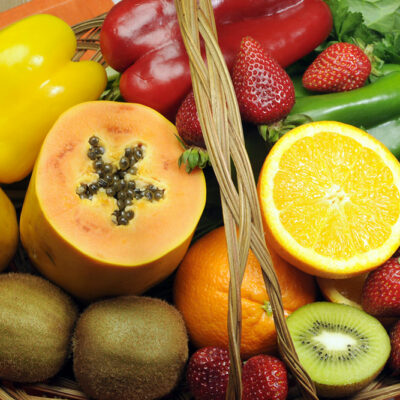
7 superfoods to improve blood count
From providing the body with oxygen and nutrients to eliminating waste, our blood cells perform various functions. Red blood cells carry oxygen to different body parts, while white blood cells and platelets help fight infections and clot blood during an injury. A person’s blood count indicates the number and type of blood cells in the body. Adding nutritious foods to meals is a simple way to maintain a healthy overall blood count. Eggs Eggs are a great food to improve blood count. A whole egg has about 1.9 mg of iron, which means it can considerably boost hemoglobin levels. Eggs also have high concentrations of folic acid, an essential component for an enhanced blood count. Sweet potatoes Sweet potatoes are packed with vitamin A, an essential nutrient for producing T-cells, a type of blood cell essential for a healthy immune system. They also contain high levels of vitamin B6, necessary for maintaining red blood cell metabolism, and iron, which maintains hemoglobin levels. Thus, incorporating sweet potatoes into the nutrition plan can considerably enhance overall blood count. Pomegranates Loaded with iron and vitamins A, C, and K, pomegranate is one of the best fruits for increasing blood count. It also contains ascorbic acid, essential for boosting iron levels in the body.
Read Article 









